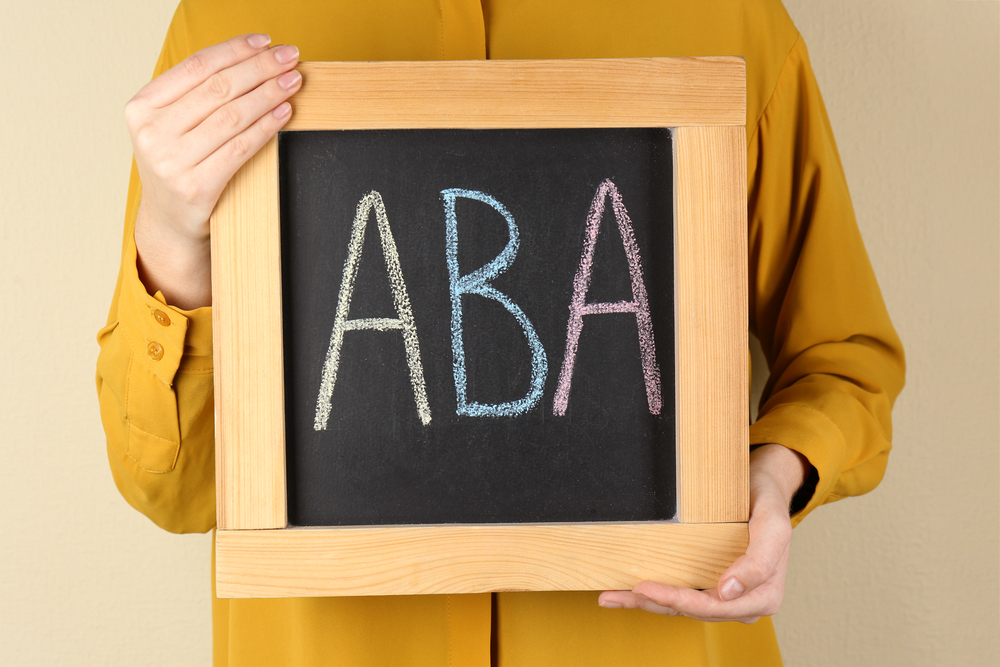
What is ASD or Autism Spectrum Disorder?
A large part of being an Autism Treatment Center in the Dallas Fort Worth Metroplex is educating our communities about treatments and signs. Additionally, spreading information and education about ASD, or Autism Spectrum Disorder, in general, is also important.
Not everyone knows what ASD means, what it can look like, or how a spectrum disorder differs from other developmental disorders.
Achievement Balance would love to spread greater knowledge about ASD, its signs, and its treatments in 2019. And we hope you will join us on this journey.
Autism Spectrum Disorder Basics
ASD, or Autism Spectrum Disorder, is a developmental disorder that often affects behavior, social skills, and communication skills. Autism does not have an age limit or requirement for diagnosis, though it is often discovered within the first 3 years.
Usually, ASD symptoms are seen or recognized during the developmental period, classifying it as a developmental disorder.
The DSM-5, or the Diagnostic and Statistical Manual of Mental Disorders, defines Autism Spectrum Disorder as:
- Having difficulty communicating and interacting with others
- Showing restricted interests and repetitive behaviors
- Having symptoms that inhibit the individual’s ability to function in school or work
- Having symptoms that inhibit the individual’s ability to function in social settings
What is a ‘Spectrum Disorder’?
A Spectrum Disorder is a disorder that can be exhibited in a wide range of ways and severity. This means that there are high functioning individuals with ASD – previously called Asperger’s Disorder, as well as individuals who are low-functioning with ASD.
Think of the disorder on a line, or spectrum, with one end representing relatively few or mild symptoms and high functioning, and the other end representing relatively high symptoms and low functioning.
This means that two individuals can both have ASD but present very differently, and that is one of the reasons that Achievement Balance works to individualize each and every treatment plan for every client.
Because no two ASD diagnoses are the same, and no two clients are the same.
We believe treatment should be as unique as you are, and no two journeys are the same.
Symptoms of ASD
Individuals with ASD may have difficulty interacting or communicating with others, or they may show narrow interests, repetitive behaviors or anxious behaviors.
However, ASD may present in a number of ways. Here are a few of the common symptoms and behaviors that individuals with ASD may show:
- Little or no eye contact
- Inhibited listening skills
- Rarely showing or sharing enjoyed items or activities to others
- Slow responses, or failing to respond to verbal communication
- Repeating behaviors or words, sounds, and phrases
- Singular, deep interests
- Frequent emotional meltdowns
- Having overly focused interested
- Inconsistent facial expressions or movements
- Unusual tones when speaking
- Getting upset by small changes in daily or expected routines
- Being sensitive to sensory stimuli (sound, sight, touch, etc.)
- Difficulty understanding or relating to others
Risk Factors of ASD
The cause of ASD is not yet understood or known.
There have been many theories created and disproven over the years, such as ‘cold’ mothers or vaccinations. However, there are risk factors that have been identified, such as:
- Siblings with ASD
- Certain genetic conditions
- Having older parents
Though none of these items exclusively guarantees that an individual will show symptoms of ASD, they have been linked through correlational studies.
Additionally, understanding ASD and other developmental disorders begins in a foundation of not over-diagnosing or letting a diagnosis define an individual.
Achievement Balance wants to change the way our culture views ASD and the individuals living with it, as well as ensure that children receive correct treatments and diagnoses for their disorders or behaviors.
Treatments & Therapies for ASD
There are many therapies that have proven successful for working with individuals with Autism Spectrum Disorder. And because this disorder is on a spectrum, there is no ‘one best’ way to treat it, as it often presents very differently in different individuals.
Cognitive Behavioral Therapy is one of the many therapy techniques that Achievement Balance employs, along with ABA Therapy, Occupational Therapy, Natural Environment Training, Sensory Integration Therapy, Physical Therapy, Video Modeling, Speech Therapy, and much more.
See a more extensive list of our approaches here or view our extensive library of informational blogs.
Learn More About ASD & Achievement Balance Today
If you would like to learn more about ASD or the services and values of Achievement Balance, then do not hesitate to call or continue following our blog!
We would love to progress ASD education and knowledge even farther in 2019. Because we believe that every child has the power to move mountains!

